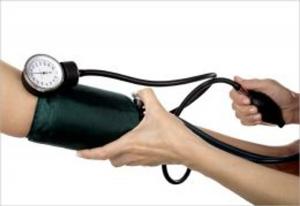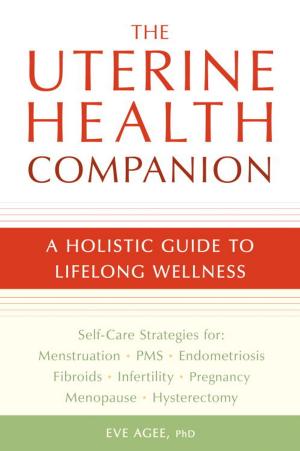Beyond Fertility, Crossing the Bridge
Nonfiction, Health & Well Being, Health, Women&, Alternative & Holistic Health, Alternative Therapies| Author: | K. B. LeMere N.N.D. | ISBN: | 9781370785704 |
| Publisher: | K. B. LeMere N.N.D. | Publication: | July 8, 2016 |
| Imprint: | Smashwords Edition | Language: | English |
| Author: | K. B. LeMere N.N.D. |
| ISBN: | 9781370785704 |
| Publisher: | K. B. LeMere N.N.D. |
| Publication: | July 8, 2016 |
| Imprint: | Smashwords Edition |
| Language: | English |
For the men and women in there forties, like young people in their teens, everything seems to change. Women’s ovaries are gearing down for the retirement called menopause. For both, your children start beating you at games, print grows smaller, rooms lack enough light to read, our skin loses its elasticity, and the body takes on wrinkles, bulges and sagging figures. Men lose hair they want to keep; women grow hair they want to lose.
The times relating to menopause are divided into three phases. Prior to menopause or premenopausal, during this time women usually ovulate irregularly due to either inadequate secretion of estrogen or resistance of the remaining follicles to ovulatory stimulus. This period is often call perimenopause or the menopausal transition. It can last anywhere from four years to ten and is unnervingly unpredictable.
There are several symptoms all women share with difference of severity. These symptoms are due to the rapid decrease in estrogen levels. They are night sweats, hot flashes, osteoporosis, heart disease, mood swings, headaches, atrophic vaginitis, bladder infections, cold hands and feet, forgetfulness, and inability to concentrate. It is not unusual to have all these symptoms.
For the men and women in there forties, like young people in their teens, everything seems to change. Women’s ovaries are gearing down for the retirement called menopause. For both, your children start beating you at games, print grows smaller, rooms lack enough light to read, our skin loses its elasticity, and the body takes on wrinkles, bulges and sagging figures. Men lose hair they want to keep; women grow hair they want to lose.
The times relating to menopause are divided into three phases. Prior to menopause or premenopausal, during this time women usually ovulate irregularly due to either inadequate secretion of estrogen or resistance of the remaining follicles to ovulatory stimulus. This period is often call perimenopause or the menopausal transition. It can last anywhere from four years to ten and is unnervingly unpredictable.
There are several symptoms all women share with difference of severity. These symptoms are due to the rapid decrease in estrogen levels. They are night sweats, hot flashes, osteoporosis, heart disease, mood swings, headaches, atrophic vaginitis, bladder infections, cold hands and feet, forgetfulness, and inability to concentrate. It is not unusual to have all these symptoms.















